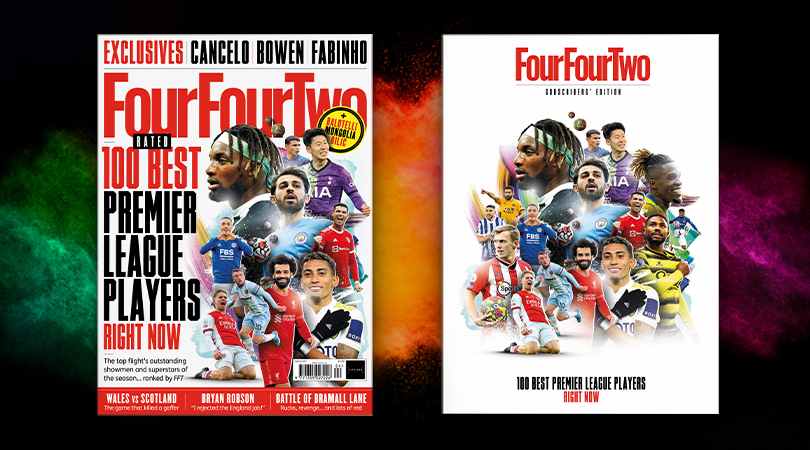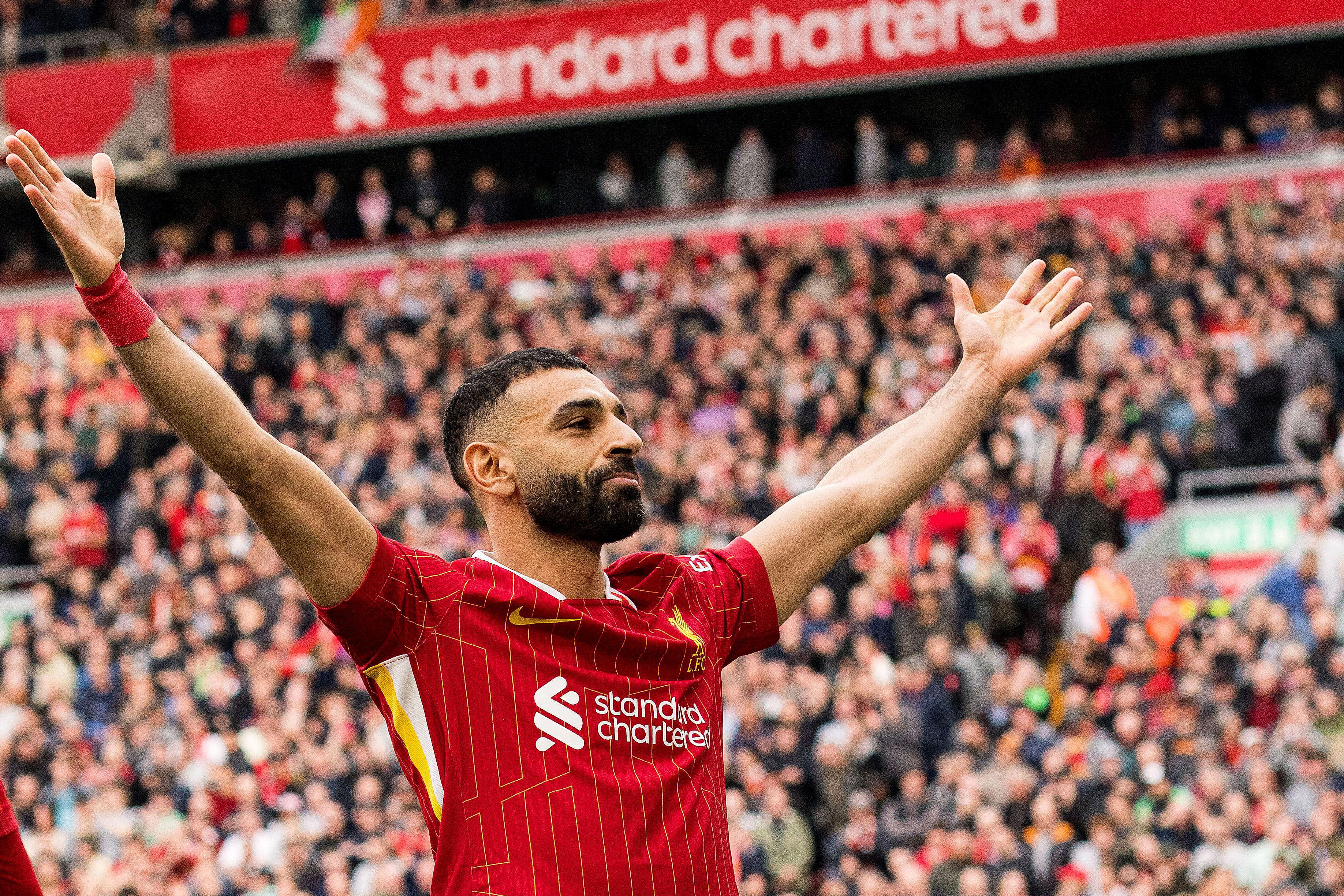Ranked! The 10 greatest Manchester United sides of all time
Glory, glory Man United - the best ever Manchester United sides ranked
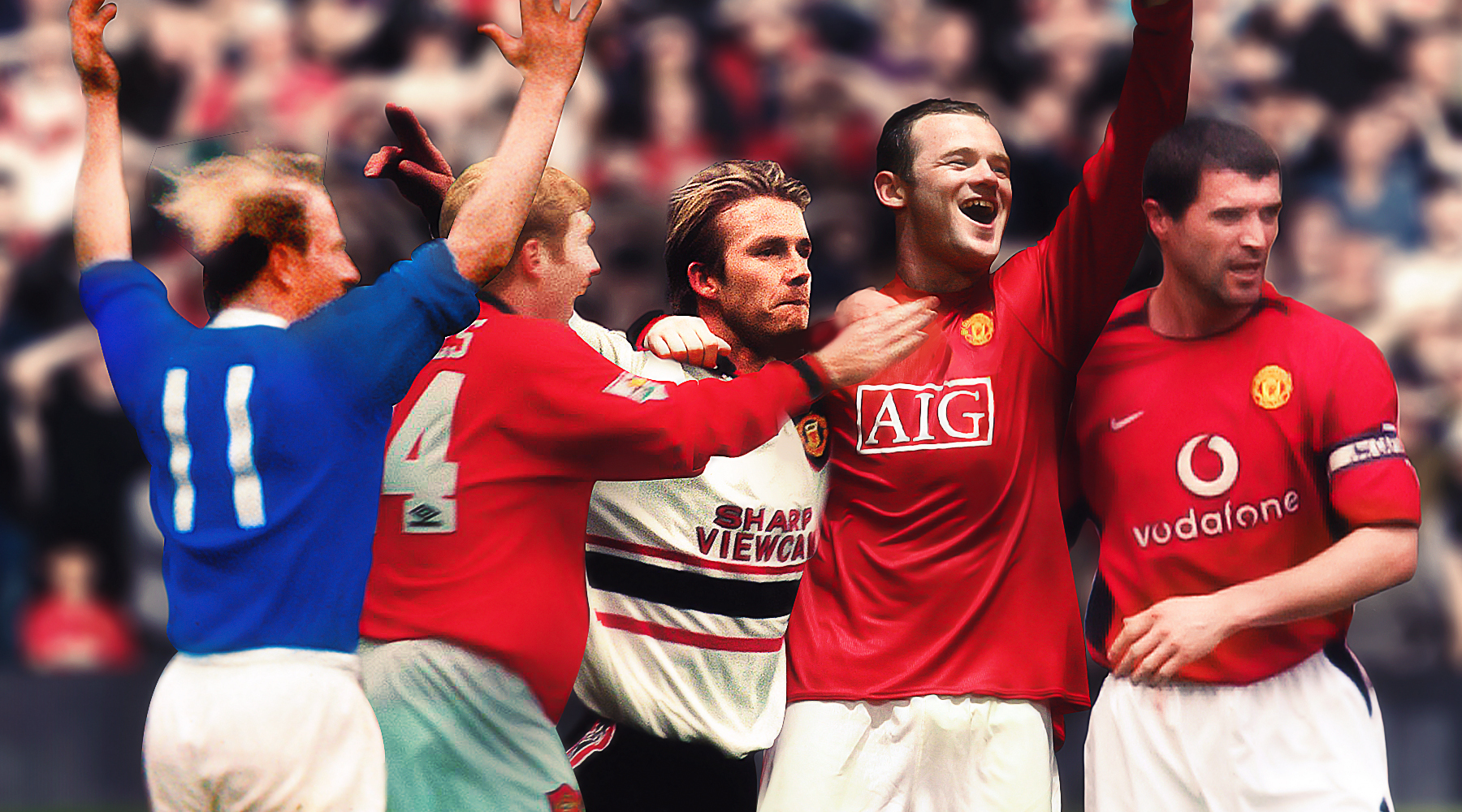
Manchester United may have fallen on tough times in recent years but they remain one of English football's most successful clubs, with 20 league championships, 12 FA Cups, three European crowns and an array of other achievements stuffed into their trophy cabinet.
Choosing their greatest ever sides is, therefore, no easy task. Comparing the accomplishments of Busby and Ferguson, Edwards and Ronaldo, Schmeichel and van der Sar, is almost impossible. Yet we have tried to do just that.
Whether it's the spoils of a dominant force, the playing style of a less successful side, or a remarkable achievement against the odds, we've selected a broad spectrum of great Manchester United seasons and explained what made them historic.
So without much further ado, here are the 10 best Red Devils teams of the past...
10. 1976/77
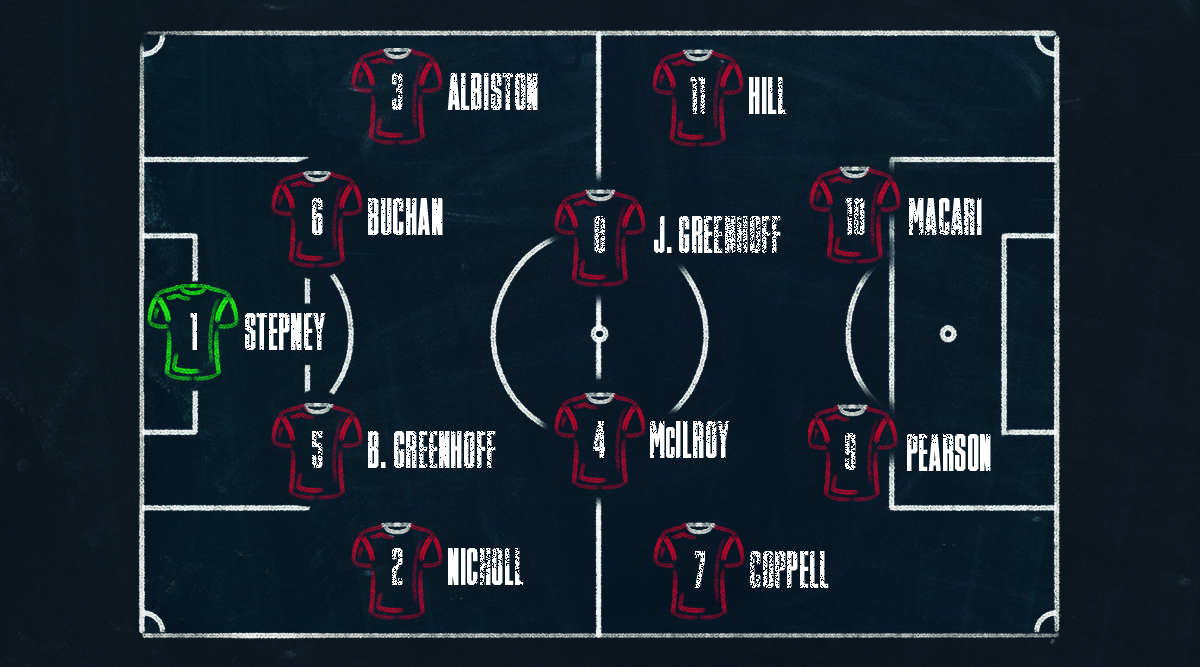
Winners: FA Cup
The seventies were not a successful decade for Manchester United. The glorious Matt Busby era was a distant memory by the summer of ‘76, with fans no longer accustomed to success. The club’s most recent triumph had arrived in the European Super Cup a whole eight years previously.
This only served to make victory in the 1977 FA Cup Final all the sweeter - and the fact it came against a Liverpool team featuring the likes of Kevin Keegan, Emlyn Hughes and Ray Clemence gave fans an extra reason to savour the triumph. United scored plenty of goals that campaign through silky marksman Stuart Pearson and winger Gordon Hill, while Steve Coppell provided the creative spark from midfield.
Get FourFourTwo Newsletter
The best features, fun and footballing quizzes, straight to your inbox every week.
Selected over many of United’s great championship winning teams, the 1976/77 vintage may not have been the best in terms of success or even playing style, but it showed United hadn’t lost their appetite for glory during a barren spell for the club.
9. 1984/85
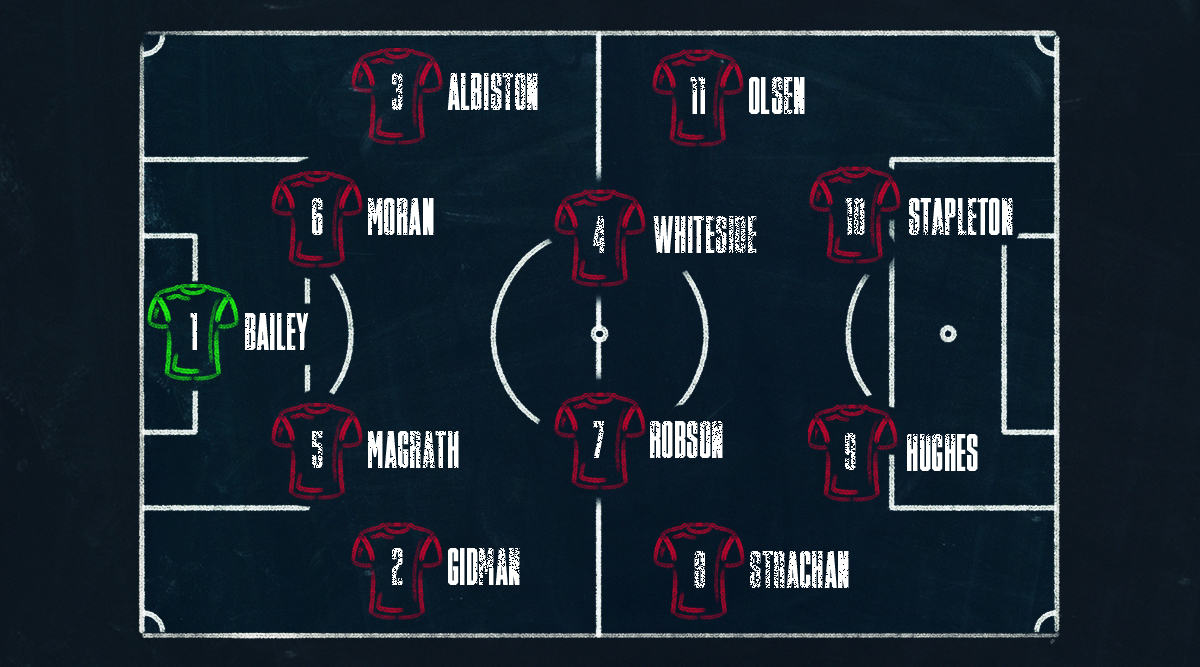
Winners: FA Cup
Big Ron Atkinson hadn’t been afraid to ruffle feathers following his appointment in 1981. He immediately demanded United sign Brian Robson from his former club, West Brom, for a record £1.5m. It was considered such an eye-watering sum, Matt Busby subsequently left his position on the board of directors.
By 1984, however, United were playing some of the most attractive football in England, thanks to a free-scoring midfield containing Robson, Gordon Strachan and Norman Whiteside. The trio hit 48 goals between them across the 84/85 campaign, while Mark Hughes and Frank Stapleton provided the perfect blend of power and skill ahead of them in attack.
The Red Devils would go on to edge reigning league champions Everton 1-0 in the 1985 FA Cup Final, the last trophy secured before the club’s next truly great era. While Atkinson's team often underperformed in the league - this season was no different - 84/85 ranks among Manchester United’s very best in terms of attacking quality.
8. 2006/07
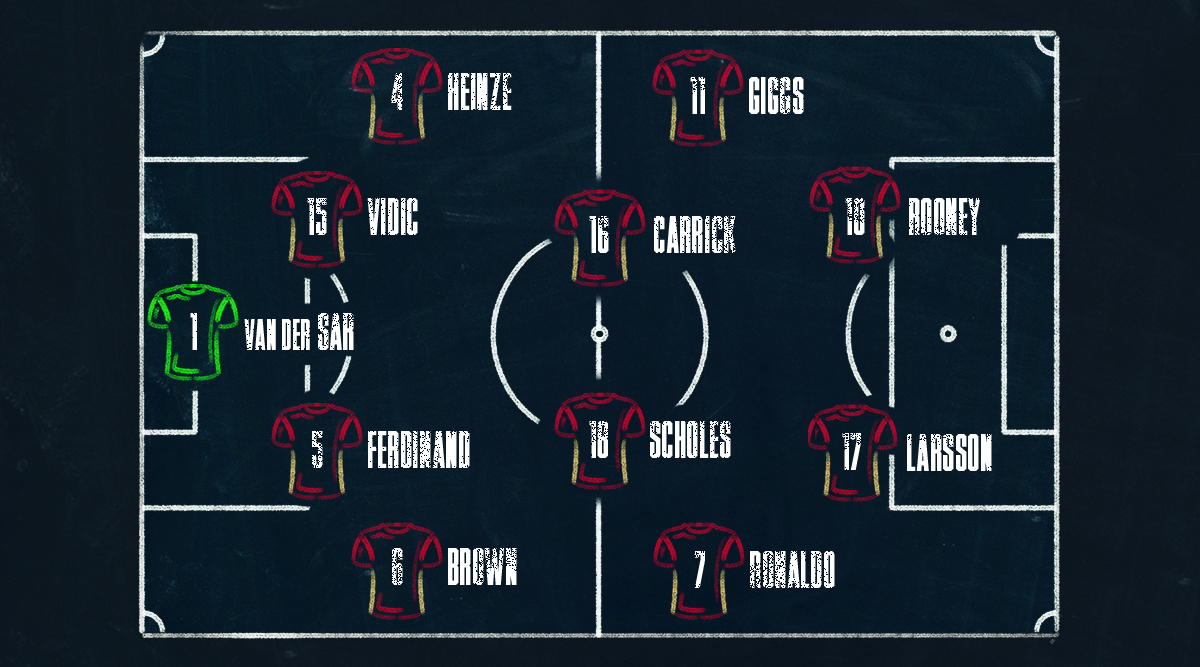
Winners: Premier League
Sir Alex Ferguson was in firefighting mode before the 2006/07 season had even begun. Star forwards Wayne Rooney and Cristiano Ronaldo had been involved in a high profile spat at the World Cup in Germany weeks before the new campaign kicked-off. As the British press questioned whether the two would ever be able to play together again, Ferguson flew to Portugal to convince his no.7 to return to England.
The media furore was answered in emphatic fashion, as the Rooney-Ronaldo partnership exploded into life from the get-go. The duo scored 23 goals each in all competitions, with Ronaldo scooping both the Player and Young Player of the Year gongs.
United romped to the title with 89 points - their first for four seasons - with goals spread throughout a talented squad which included an on-loan Henrik Larsson and a retiring Ole Gunnar Solskjaer, who bagged his final seven league goals for the club. Nemanja Vidic and Patrice Evra were also slowly introduced throughout the campaign; the pair would achieve legendary status among United fans by the time they left.
Eight members of the squad made it into the Premier League team of the season (Van der Sar, Neville, Ferdinand, Vidic, Evra, Scholes, Giggs and Ronaldo) - if that's not evidence of this team's quality, we're not sure what is.
7. 2002/03
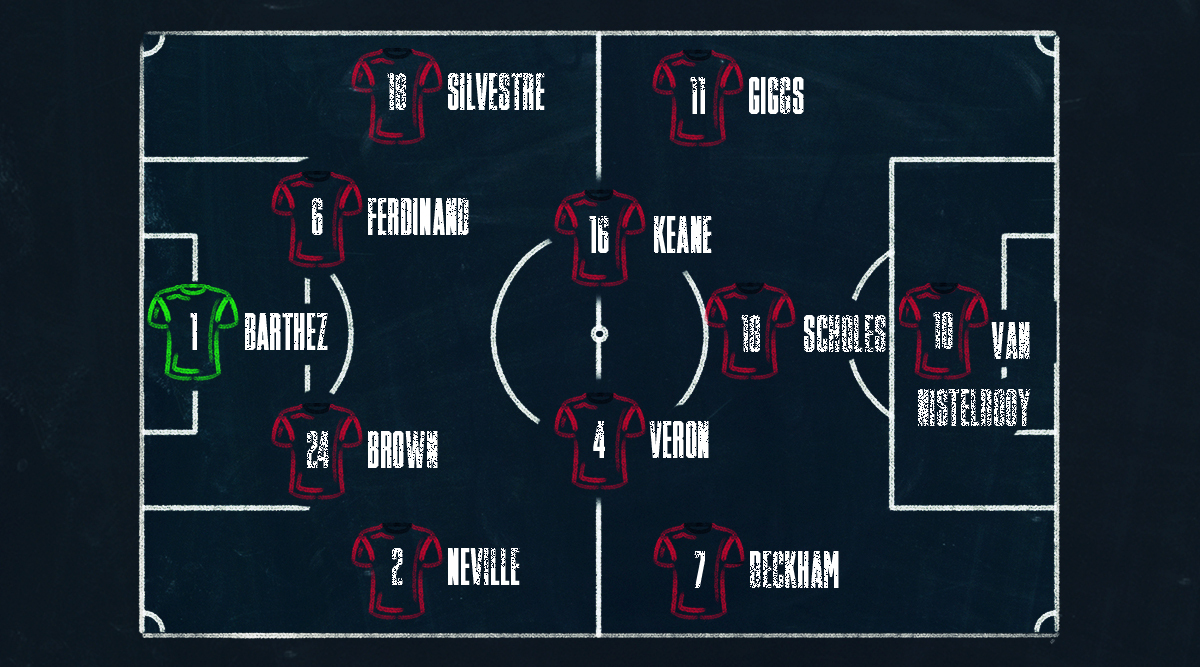
Winners: Premier League
One of the truly great Manchester United sides... on paper at least. It could be argued that United never had a team quite as talented as their 2002/03 vintage.
The summer signing of Rio Ferdinand from Leeds United - for a British record £29.1m - immediately breathed intelligence and authority into a defence which had lacked both since the departure of Jaap Stam. Ferdinand was regularly partnered at centre-back with Wes Brown, at the time one of the most exciting young defenders in the country. Fabien Barthez might not have been the replacement for Schmeichel United fans had hoped for, but he had the ego to give it a go and provided plenty of jaw-dropping moments (good and bad).
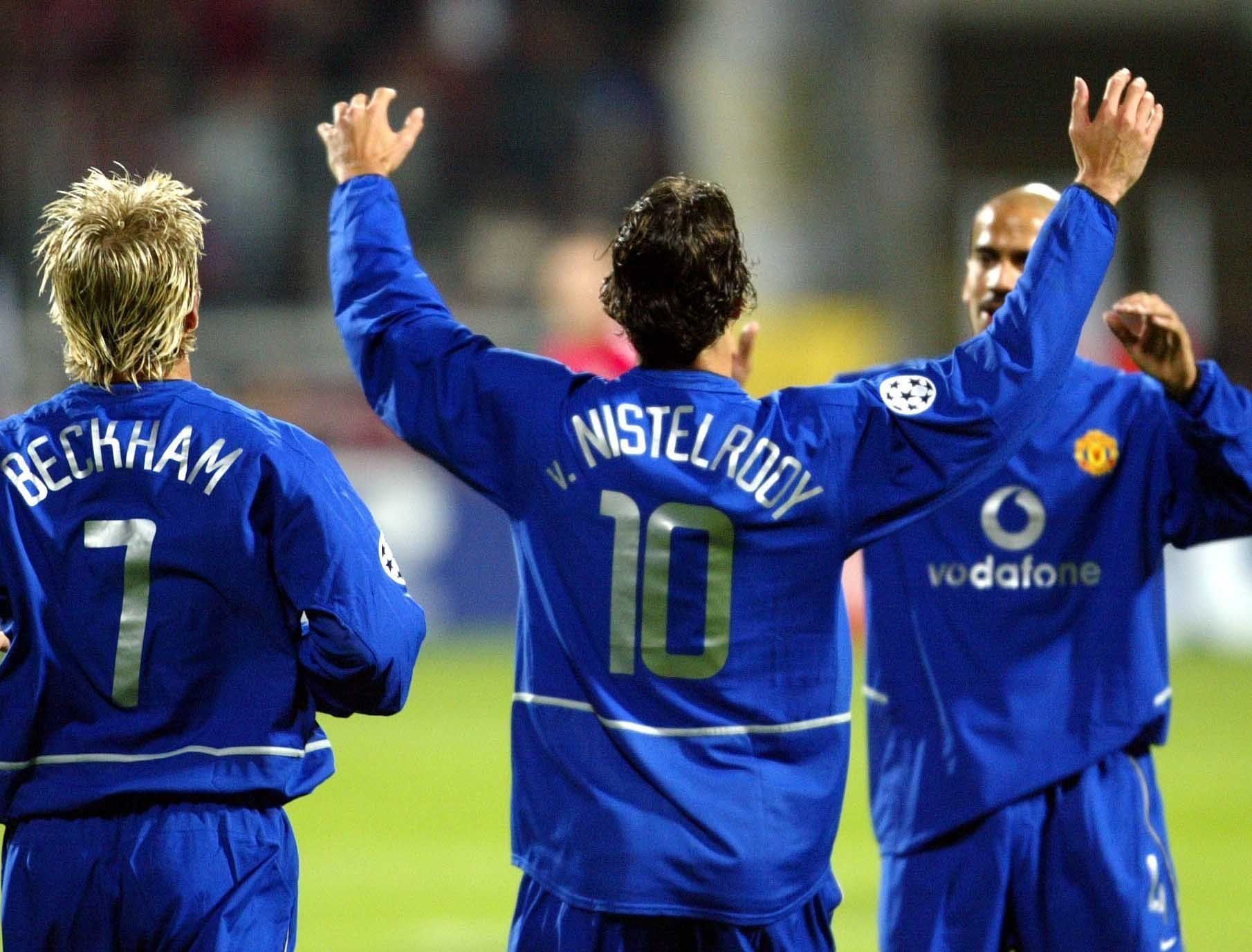
It was all about that midfield, though. Ryan Giggs, Roy Keane, Juan Sebastian Veron, Paul Scholes and David Beckham were a quintet to rival any Galacticos engine room at the time. They proved so during a breathless 4-3 victory against Real Madrid in the Champions League quarter-final second leg in March 2003. They lost that tie on aggregate, but it would go down as one of the great Champions League fixtures.
ANDY MITTEN Manchester United’s trip to Rio for the Club World Cup, 20 years on
United finished five points clear of Arsenal in the Premier League title race - thanks, in no small part, to Ruud van Nistelrooy’s 25-goal haul. The Dutchman hit 44 in all competitions, including 12 in the Champions League, that season. How he could not, with a supporting cast that sensational?
6. 1993/94
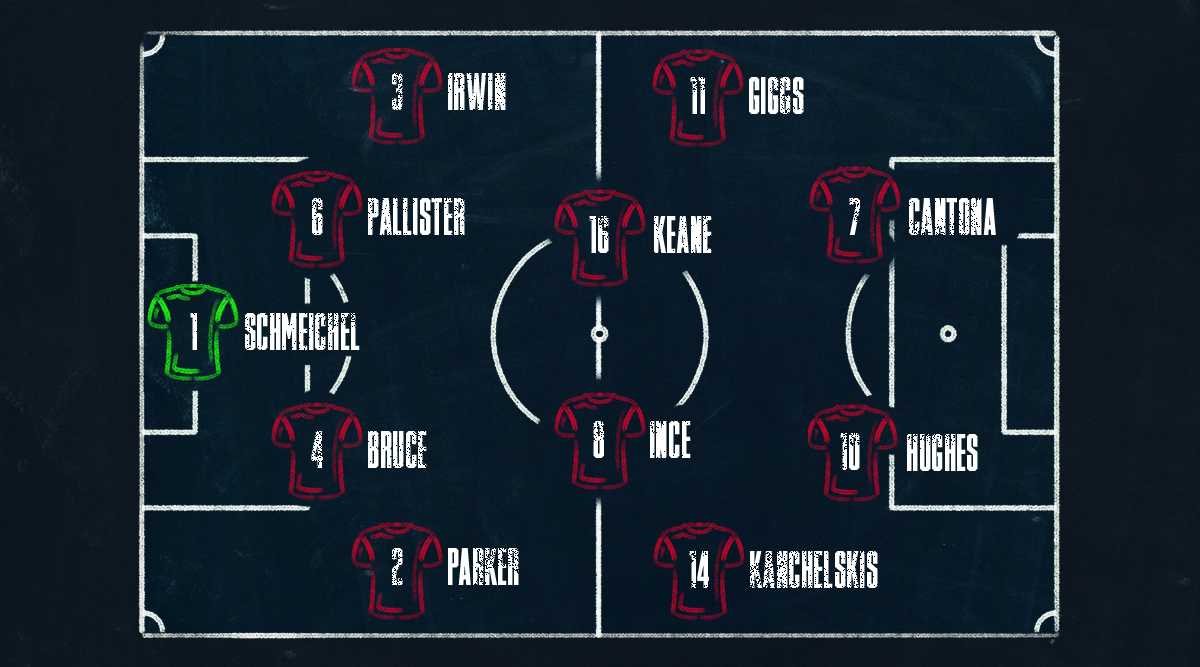
Winners: Premier League, FA Cup
The previous season may have ended a 26-year wait for a league title - and knocked United’s neighbours off their “f***ing perch” - but 1993/94’s title defence took things up a notch.
Ferguson knew that any good team could come from nowhere and win a championship, but it took a great one to stay on top. The Scot set about building a dynasty with the signing of 21-year-old midfielder Roy Keane from Nottingham Forest for British record £3.75m. The midfielder’s fearless nature and composed build-up play perfectly complemented the robust technicality of Paul Ince, and allowed Ryan Giggs and Andrei Kanchelskis to bomb forward at will. A defence marshalled by Steve Bruce, Gary Pallister and Peter Schmeichel remains one of the all-time great Premier League back lines.
Yet, as always, it was the sensational goal-scoring exploits of Eric Cantona which proved decisive in the title race. The Frenchman scored 18 times in the Premier League, many of them spectacular, as United broke their own points record to win the league with a total of 92. Cantona added two more goals to his tally from the penalty spot as United defeated Chelsea 4-0 in the FA Cup final. A domestic treble proved out of reach, however, as United lost to Aston Villa - coached by former boss Ron Atkinson - in the League Cup final.
5. 1956/57
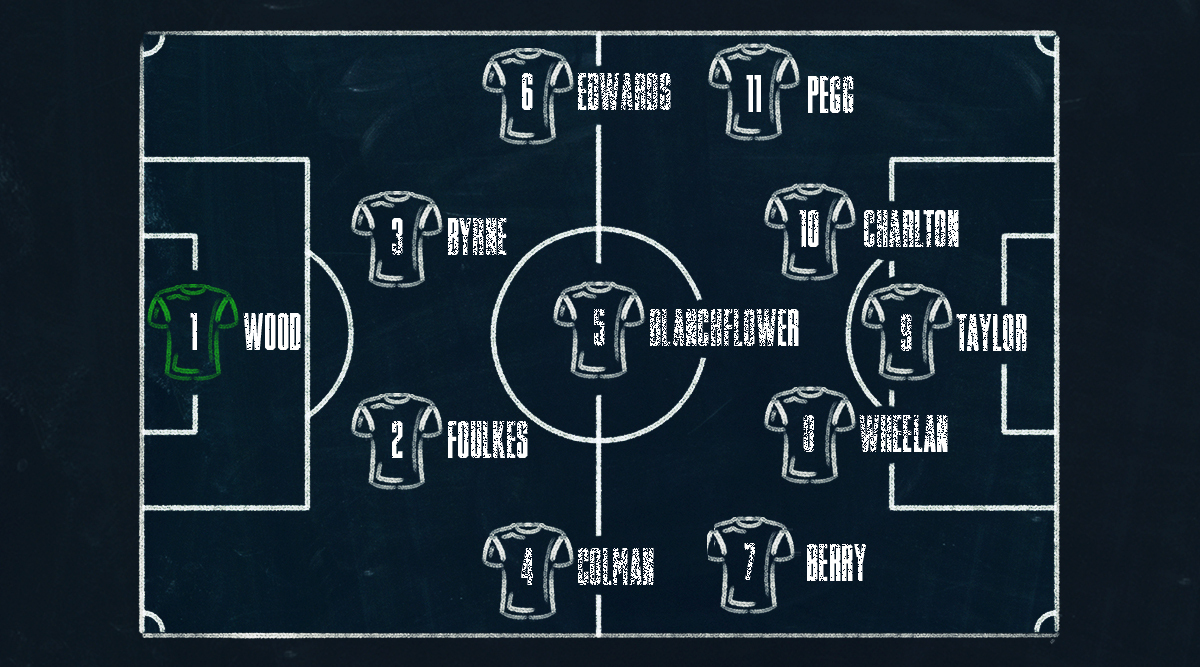
Winners: Division One
A season of huge success, and yet one tinged with sadness. This would be the final campaign for the young men who lost their lives in the Munich Air Disaster.
Matt Busby’s side went into the 1956/57 campaign as reigning champions, having finished 11 points clear of Blackpool and Wolves the season before. Ever keen to freshen up his squad with new blood, Busby gave a young midfielder by the name of Bobby Charlton his first taste of professional football.
REMEMBERING HARRY GREGG The Manchester United legend and reluctant hero of Munich
The future World Cup winner scored twice on his league debut against Charlton Athletic, just before his 19th birthday, and never lost his place in the team. In reality, though, it was the continued excellence of boy king Duncan Edwards that gave United an edge. Edwards was a superb all-rounder; strong, aggressive, a sensational passer, good in the air and boasted a ferocious shot.
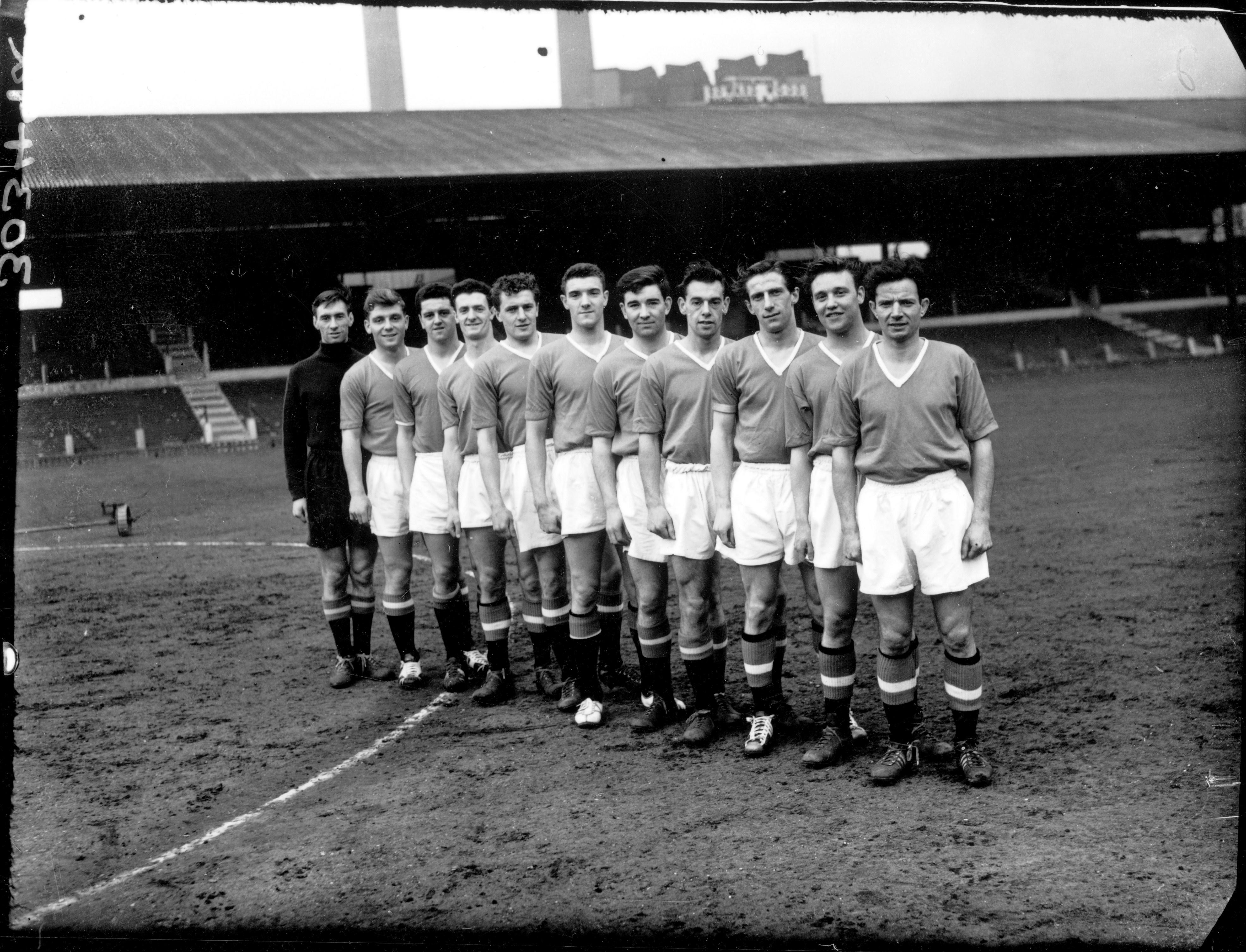
United won the league again, finishing eight points clear of Tottenham, but were defeated by Aston Villa in the 1957 FA Cup Final. Six of those who started that match lost their lives the following year: Roger Byrne, Tommy Taylor, Eddie Colman, Duncan Edwards, David Pegg and Billy Whelan, with Geoff Bent and Mark Jones also perishing in the plane crash in February 1958.
With an average age of just 23, this side was already up there with the club's all-time greats - who knows how good they could have become.
4. 1967/68
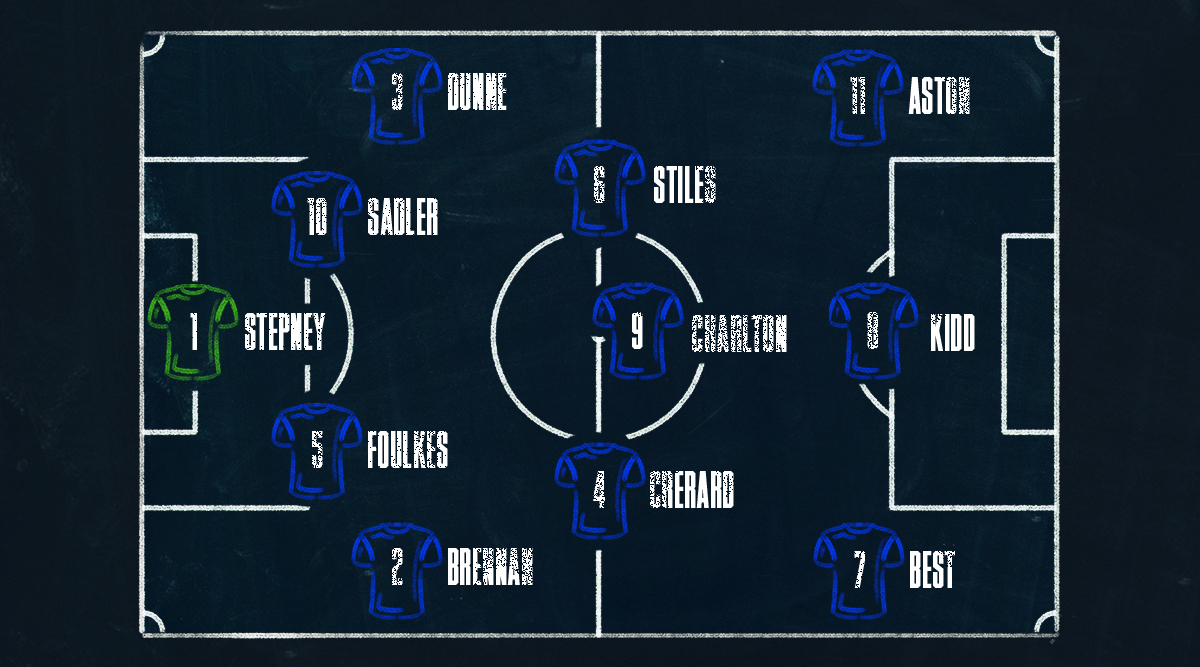
Winners: European Cup
If the Munich Air disaster is the lowest point in Manchester United’s history, then there’s a case to be made for the 1967/68 season being the highest.
Just a decade on from a tragedy which threatened to dissolve the very existence of the club - one in which eight players lost their lives and two more suffered career-ending injuries, while those who survived were left haunted by their experiences - Manchester United became European champions for the first time.
Matt Busby had threatened to walk away from football in 1958, only to be talked into changing his mind by his wife, Jean. Bruised, battered and heartbroken, Busby built a new squad almost from scratch.
Crash survivor Bobby Charlton became the fulcrum and leader of the new team. Flanked by tenacious duo Nobby Stiles and Pat Crerard, Charlton had the required protection to dictate play and join the attack at will.
George Best, already considered among the best players in Europe, enjoyed a sensational campaign, hitting 32 goals in all competitions and bewitching defenders with his trickery and balance. The Irish winger starred as United fell just short to Manchester City on the final day of the league season before reaching the 1968 European Cup Final. Best would later receive the 1968 Ballon d'Or for his performances.
At the Wembley showpiece, they vanquished Eusebio’s Benfica, with Best scoring once, Charlton twice and striker Brian Kidd adding a fourth as United recorded a 4-2 victory. While the sorrow of the past could never be erased, the win represented a celebration of those who lost their lives, and a reason to smile for those who survived to honour them.
3. 1995/96
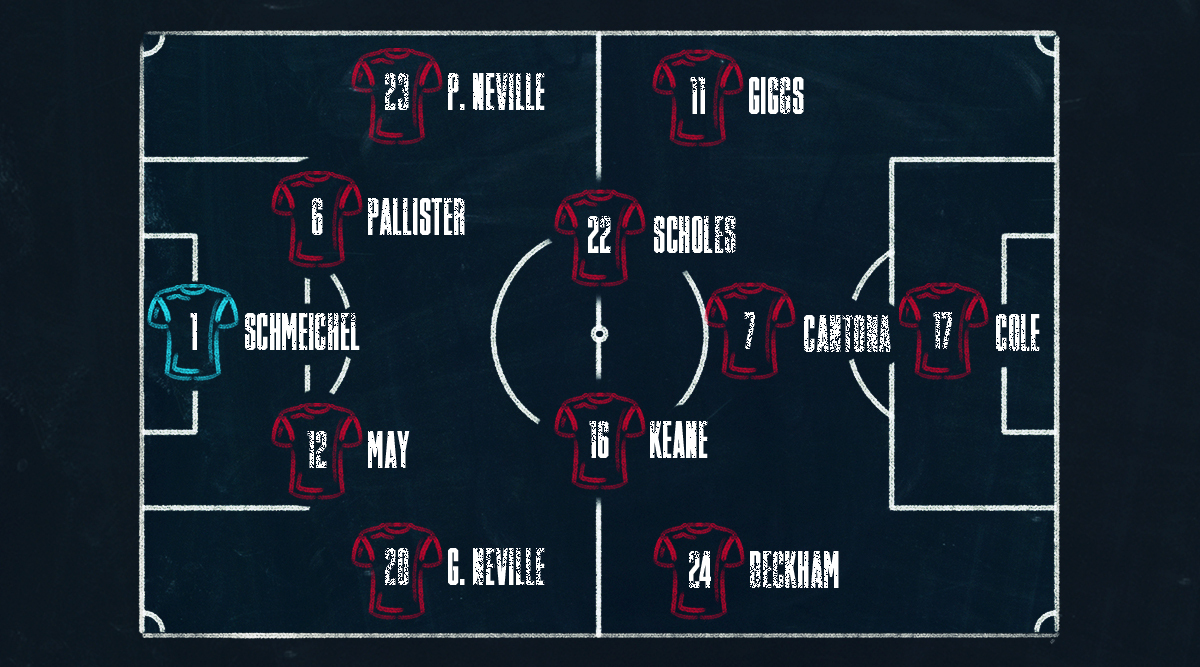
Winners: Premier League, FA Cup
“You’ll never win anything with kids.” Few would have disagreed with Alan Hansen’s demoralising assessment of Manchester United following their 3-1 defeat to Aston Villa on the opening day of the 1995/96 Premier League campaign.
Ferguson had made the bold decision over the summer to axe experienced pros Andrei Kanchelskis, Paul Ince and Mark Hughes - linchpins of successful sides of the past - replacing them with tyros from the academy. The knives were out for a club that had blown the title race on the final day of the previous season, handing Blackburn Rovers a shock victory.
It soon emerged, however, that these were no ordinary academy kids. David Beckham, Paul Scholes, Nicky Butt and the Neville brothers might have looked like schoolboys, but they represented the pinnacle of young English talent at the time. Beckham, in particular, had a swagger and confidence about him that suggested a world star in the making, while Paul Scholes showed a remarkable eye for goal in his first full season, scoring 14 in all competitions.
A slippery start gave title rivals Newcastle United a massive lead; after 23 matches, United were lagging 12-points behind Kevin Keegan’s Magpies. After Christmas, however, things were beginning to click for Fergie’s fledglings, who still often relied on the genius of Eric Cantona to guide them through tough patches.
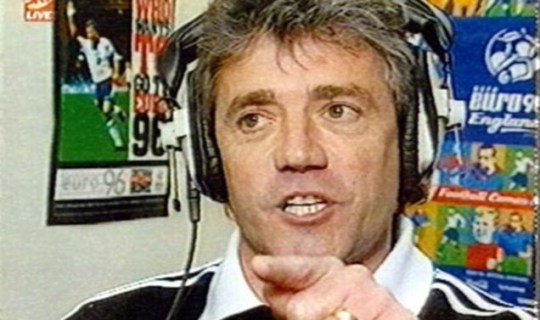
On seven occasions throughout the domestic campaign, Cantona scored the only goal of the game, including all four fixtures in March '96, as the title race began to swing in their favour. The mind games began and, on April 29 1996, Keegan delivered his now infamous “I would love it” speech; a testament in its own right to Ferguson’s role in the title race.
United would go on to win the Premier League by four points, before lifting the FA Cup thanks to a goal in the final from - yep, you guessed it - Eric Cantona. A slog of a season, but one which showed Manchester United at their very best on and off the pitch.
2. 2007/08
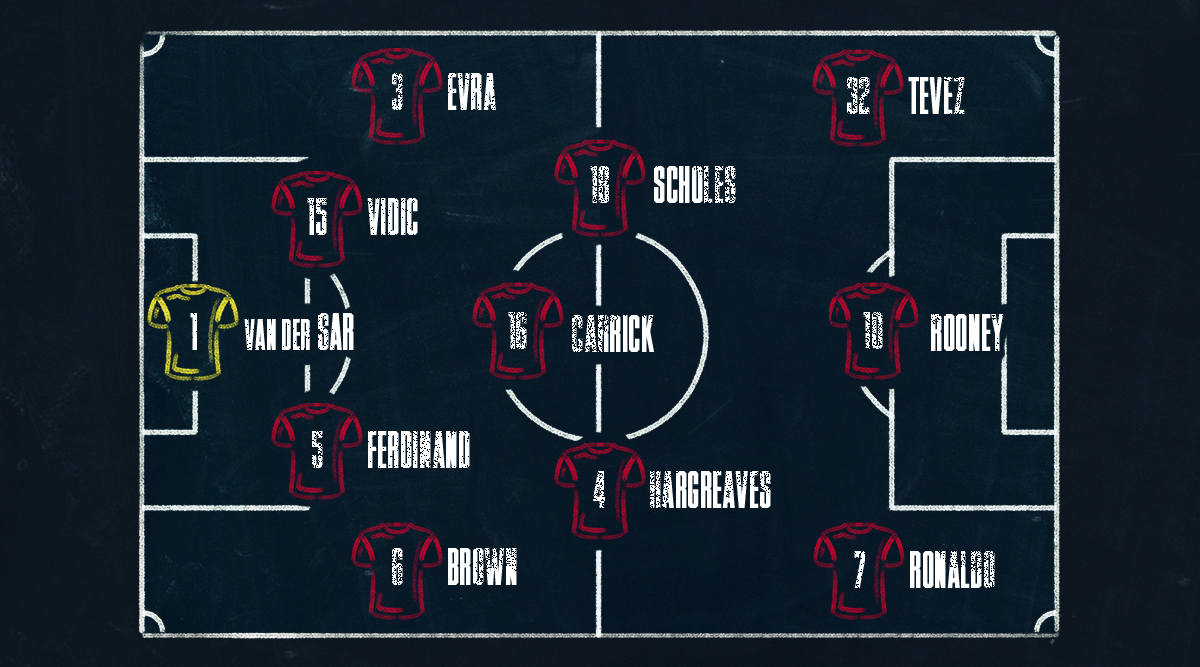
Winners: Premier League, Champions League
The greatest front line in Manchester United history? Dwight York and Andy Cole will always have their backers but there can be no denying Fergie’s 2007/08 strikeforce was world class. Cristiano Ronaldo, Wayne Rooney and Carlos Tevez were not only technically gifted and tactically flexible, but all were extremely hardworking - allowing Ferguson to field them without sacrificing defensive discipline.
Ever the evolutionary, Fergie - who had never previously used the tactic - regularly deployed a 4-3-3 when at Old Trafford and simply allowed the trio to go out and play. Ronaldo, the undisputed star of the side, hit 42 goals in all competitions en route to winning his first Ballon d’Or.
His Premier League performances that season are arguably the greatest individual displays ever seen in the competition, as he struck 31 times in 34 appearances.
This side was as much about its defence as its attack, though. Ferdinand and Vidic were a perfect central defensive combination of silk and steel, while Patrice Evra, Wes Brown and Edwin van der Sar completed a near-flawless back line. A midfield based around the experience and passing range of Paul Scholes was often given a bumper dose of tenacity with the inclusion of Owen Hargreaves and Park Ji-Sung, particularly in tough European assignments.
United won a Premier League and Champions League double after defeating Chelsea on penalties on a rainy night in Moscow. The last truly great side of Sir Alex Ferguson’s reign.
1. 1998/99
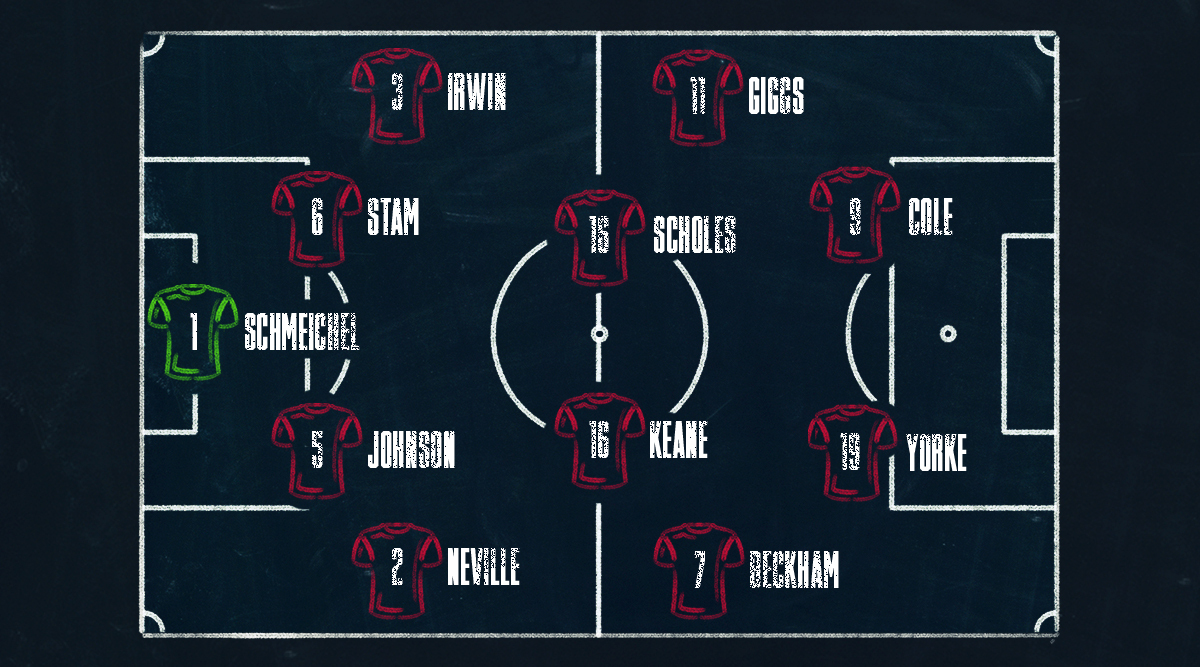
Winners: Premier League, FA Cup, Champions League
What did you expect? United’s treble-winners of 1998/99 remain the side against which all other champions are measured. Liverpool may have surpassed their Premier League points tally, Chelsea let in fewer goals, while Arsenal won it without losing a match, but nobody has ever fought this hard and this successfully on so many fronts.
It was a side built around a sensational midfield of academy products - Beckham, Scholes and Giggs - plus Roy Keane. Each had their talents tested at one stage or another, and each of them rose to the occasion. Giggsy’s goal against Arsenal in the FA Cup semi-final replay (surely the most thrilling game in the history of English football?), Keane's performance against Juventus in the final four of the Champions League, Beckham’s late corners against Bayern Munich, Scholes’ goal in the FA Cup Final, and so many other moments.
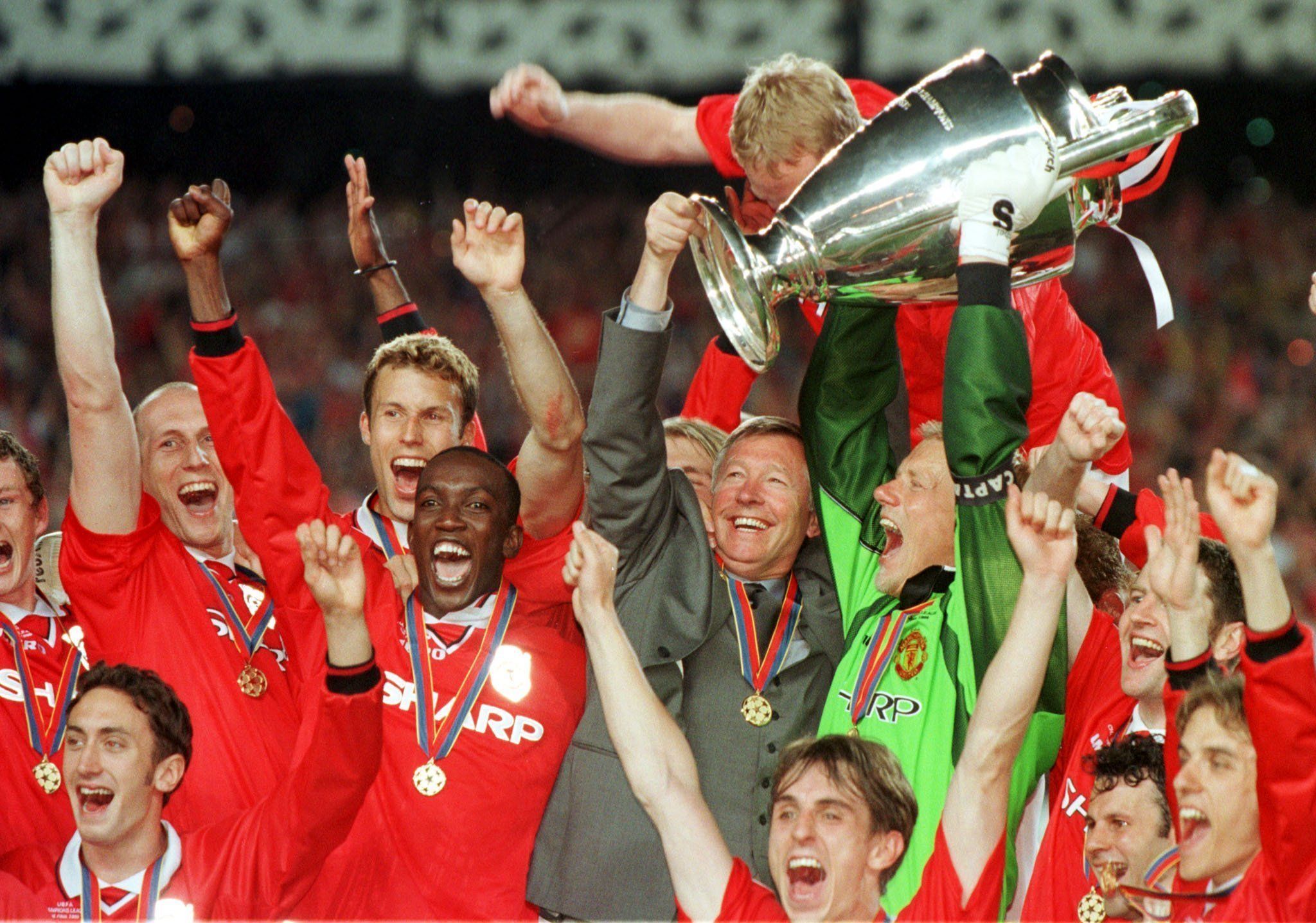
An equally brilliant quartet of strikers - with Solskjaer and Teddy Sheringham stepping in expertly when called upon - delivered goals, whatever the odds, while Schmeichel and Stam represented the world’s best in each of their positions.
The league title was secured with a 91-point haul. The FA Cup bagged with a routine win over Newcastle at Wembley. The Champions League lifted following a breathless late dash to victory over Bayern Munich. “Football, bloody hell!”
Subscribe to FourFourTwo today and save over a third on shop price
Restock your kit bag with the best deals for footballers on Amazon right now
ALSO READ
DECISIONS, DECISIONS What are Marcus Rashford's options if he does leave Manchester United?
HIGH PRAISE Juan Mata's Perfect XI: "Lampard was one of the best players in the history of English football"
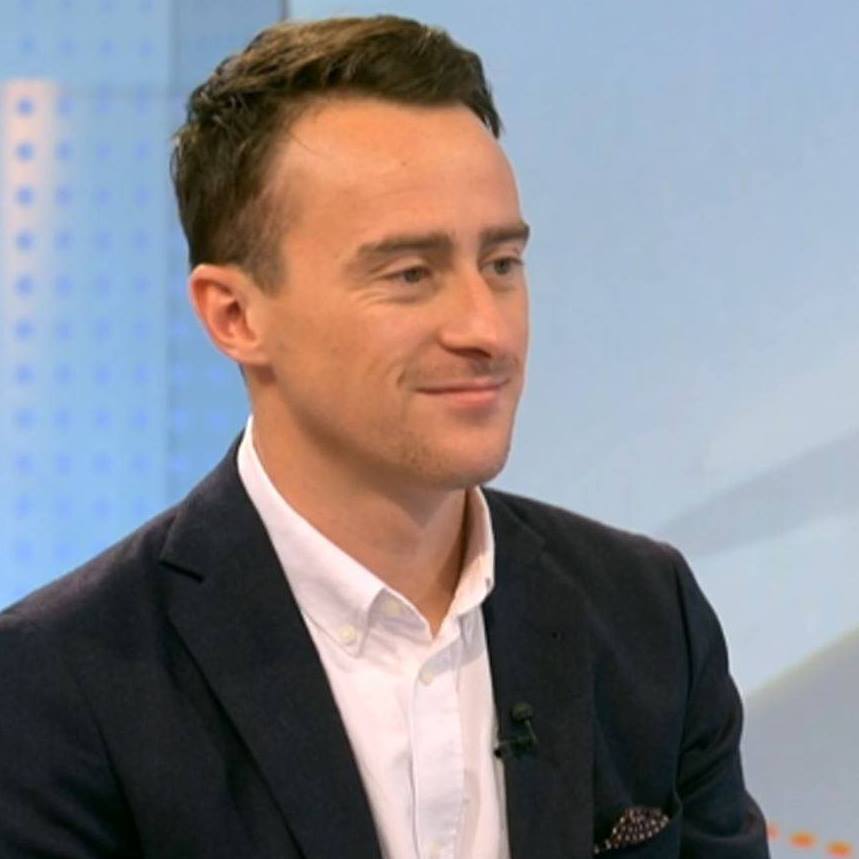
Ed is a staff writer at FourFourTwo, working across the magazine and website. A German speaker, he’s been working as a football reporter in Berlin since 2015, predominantly covering the Bundesliga and Germany's national team. Favourite FFT features include an exclusive interview with Jude Bellingham following the youngster’s move to Borussia Dortmund in 2020, a history of the Berlin Derby since the fall of the Wall and a celebration of Kevin Keegan’s playing career.
